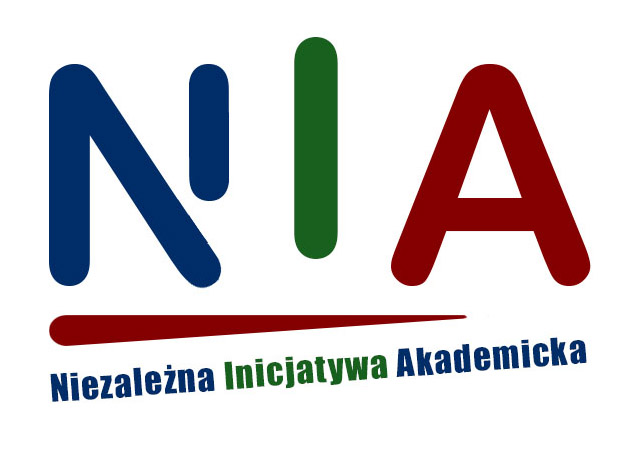We cordially invite you to the upcoming seminar the Niezależna Inicjatywa Akademicka (NIA) from the series of Seminars in 2024.
Title: Climate change: what archaeology can do to explain human responses to past environmental impacts
Host: Prof. dr hab. Arkadiusz Marciniak
Thursday, March 28th, 17:30 GMT +1
Speaker: Prof. Albert Hafner
Abstract:
Historians gain insights into historical climatic conditions from records or diaries. In the natural sciences, researchers utilize various methods such as analyzing tree rings, stalagmites, ice cores, corals, and sediments to reconstruct past climates. Climate proxies are essential tools for reconstructing the climate of periods predating the instrumental recording of climate data, which commenced approximately 150 years ago. Archaeologists often use climate proxies from the natural sciences and combine them with archaeological data. Problems can arise due to different scales of temporal accuracy and not every event in history can necessarily be attributed to climatic conditions. This presentation delves into the methodologies employed by archaeologists in investigating climate dynamics and social reactions using case studies on Alpine prehistoric lakeside settlements and high-alpine pass sites of the Holocene.
Albert Hafner is full Professor and Director at the Institute for Archaeological Sciences at the University of Bern/Switzerland and a full member of the Oeschger Centre for Climate Change Research (OCCR) at the University of Bern. His research interests include Holocene human-environment relationships, submerged prehistoric settlements, social developments and elites, underwater archaeology and alpine archaeology. He is currently one of the PIs of a European Research Council (ERC) Synergy Grant “Exploring the dynamics and causes of prehistoric land use change in the cradle of European farming”. It investigates rich archives of societal and environmental change in the cradle of European farming by examining archaeological sites in lakes of the southern Balkans (Greece, Albania and North Macedonia). Albert Hafner was part of the core group of the UNESCO World Heritage project “Prehistoric pile-dwellings around the Alps,” awarded in 2011.
Arkadiusz Marciniak – Professor of Archaeology at Adam Mickiewicz University in Poznań. In the years 2013-2019 he was Associate Professor at Flinders University. He was a visiting professor at Stanford University (twice) and at University College London. He is a scholarship holder of prestigious foundations, such as Humboldt, Fulbright, Andrew W. Mellon, Kosciuszko and Soros/Commonwealth Office. He is a corresponding member of the Polish Academy of Science and a member of Academia Europaea. His expertise is in the development of early farming communities in western Asia and central Europe and their progression to complex societies. He is an initiator and advocate of social zooarchaeology, a research paradigm aimed at investigating multifaceted social relations between humans and animals. His other interests comprise heritage pedagogies and contemporary challenges of heritage policies and strategies. He directed and conducted numerous international research projects financially supported by such agencies and programs as Horizon2020, Culture 2007-2013, European Research Council, Erasmus Plus, DG Education and Culture Program, NWO HEAR JPICH or the Polish National Science Center.



